History of Family Health Ministries
The origins of Family Health Ministries date back to a happenstance meeting between two Ob Gyn physicians (Dr. Jean Claude Fertillien & Dr. David Walmer) who crossed paths at Hôpital Sainte Croix, in Leogane, Haiti in June 1993. A hospital missionary recognized the potential synergy and invited them to spend a week together. During that week, the two physicians became friends and at Dr. Fertillien’s prompting, they began strategizing ways to prevent cervical cancer in Haiti. Those conversations led to the development of a health care effort that is active and still growing.
Cervical Cancer Prevention
The keys to FHM’s contribution to cervical cancer prevention in Haiti have been the collection and analysis of data and many collaborative efforts between NGOs, Industry, Universities and Haitian medical leaders.
Dr. Fertillien initiated the program and began collecting data from his patient encounters. Dr. Walmer analyzed the data and together they discovered that they were seeing a disproportionately high rate of untreatable cervical cancer among Dr. Fertillien’s patients compared with the number of women who were identified with treatable precancerous lesions. This led to a clinical research program that has now screened over 30,000 Haitian women and resulted in an optimized screen and treat protocol, i.e. HPV testing followed by cervical ablation.
Over the last thirty years, FHM has contributed to the advancement of cervical cancer prevention in Haiti by…
- …demonstrating that cervical cytology missed 85% of the visible cervical pre-cancerous lesions in Leogane (unpublished data) due to a high prevalence of obscuring cervical inflammation [based on available technology in the 1990s]
- …introducing the concept of portable battery-powered colposcopy in 2004 (see NY Times magazine article)
- After developing the CerviScope, FHM shifted its focus to HPV testing based on the understanding that a negative colposcopy exam did not reduce the risk of cervical cancer as much as a negative test for oncogenic strains of HPV.
Others have continued to refine portable colposcopy with the hopes that AI will enhance our ability to interpret colposcopy images.
Portable pocket colposcopy – 2018
Mobile ODT – 2019 - …introducing HPV testing to Haiti Through a collaboration with Dr. Paul Eder and Laura Bell at Digene / Qiagen. FHM initially shipped HPV test samples to the US with IRB approval to support the development of FastHPV/CareHPV assays. In return, FHM was provided with hc2 and genotyping results for the specimens that were provided. Once the CareHPV system was approved and became commercially available, FHM was able to open Haiti’s first HPV laboratory in 2013 with a grant from the Clinton Bush Haiti fund. In the summer of 2021, FHM transitioned to the Ampfire HPV test by Atilia Biosystems to take advantage of shorter test runs, improved test sensitivity and specificity, ability to use dried specimens, access to genotyping options, improved reagent stability and the ability to run other assays on the system.
- …publishing a paper on the genotypes of HPV found in Haiti in collaboration with Dr. Paul Eder, Laura Bell, etc. [Qiagen] – 2013
- …demonstrating that screening for HPV does not require a visit to a health care provider, as HPV testing can be done with self-collected vaginal swabs – published 2016
- …collaborating with the CARIS Foundation to screen and treat HIV positive women in their PEPFAR program with HPV testing, thermoablation and retesting one year later
- …scaling up
In 2015, FHM organized a meeting in Durham, NC and co-founded Haiti sans Cervical Cancer, an umbrella organization of NGOs who are dedicated cervical cancer prevention in Haiti by collaborating with Haitian medical leadership. Haiti sans Cervical Cancer held meetings in Port-au-Prince in 2017 and 2018 with the NGOs, the Haitian Ministry of Health (MSPP), the Haitian Ob Gyn Society (SHOG) and a lay Haitian organization that advocated for the prevention and treatment of cancer in Haiti (GSCC) to work on a collaborative strategy to combat cervical cancer together. Political unrest has prevented this meeting since. Preparations are underway to hold the next meeting at the Duke Global Health Institute in Durham, NC.
In partnership with other members of the HsCC consortium of partners, FHM has been piloting a screen and treat strategy to screen women with HPV testing and then ablating the cervical transformation zone of women that are HPV positive. After enrolling the first 2000 women, the trial revealed that using cryotherapy for a larger program was unsustainable because of the limited availability of nitrous oxide. We then introduced a gasless thermal ablation system and have now screened / treated almost 3000 more women and this strategy seems to be working much better. We also developed piloted a REDCap cervix registry during this study to create a cloud-based data entry system that can be introduced to programs doing cervical cancer prevention across the country.
Maternal Child Health Services
FHM has had a presence in the Fondwa / Tom Gato mountain area since 1997. FHM’s initial efforts supported the work of Sister Carmelle and Sister Simone which primarily focused on a local school, orphanage and a health clinic run by Sister Carmelle.
The Carmelle Voltaire Women’s Health Center
11/20/2014 In partnership with Building Goodness Foundation, FHM broke ground on a women’s center at the top of the mountain in Tom Gato. The 519 Church in Raleigh helped FHM raise the funds for the final stage of the construction of the center.
02/20/2016 The women’s center opened as an outpatient clinic.
05/18/2017 FHM & Basic Health International initiated a research study (funded by the Union for International Cancer Control & Direct Relief) to screen and treat 3,000 women using CareHPV testing and cryotherapy
10/25/2017 The first baby was born at the center before the birthing center was opened. (read more)
03/27/2018 FHM & BHI were awarded a grant from Celgene. The goal of the study is to 1) screen & treat an additional 2,000 women using CareHPV testing and thermoablation and 2) to test a cervix registry created on REDCap
03/01/2020 The birthing center officially opened its doors. (read more)
03/05/2020 The first official baby was delivered by our midwives on March 5, 2020. (read more)
The birthing center is staffed 24/7/365 with certified midwives who also provide prenatal care 5 days a week. In April of 2023, we are approaching the milestone of 400 deliveries.
10/15/2021 Graduate Family Nurse Practitioner students from FSIL began seeing patients at the Carmelle Voltaire Women’s Health Center.
FHM has had a long relationship with the Faculté des Sciences Infirmières de Léogâne by providing research opportunities, scholarships and now a site for clinical rotations.
The next most pressing project for the Carmelle Voltaire Women’s Center is to build a surgical suite room so that women who need procedures that require anesthesia, including C-sections, can get them when we have personnel on site, like Dr. Danache or visiting teams, who can perform these procedures. In 2021, FHM had a successful capital campaign and raised over $150,000 to build the surgical suite. The plans are being finalized by Hite Associates in Greenville, NC and the surgical suite with be constructed by the Dematteis Construction Group.
FHM also has a plan to develop a mobile HPV program with a van that can travel to communities to dispense and receive self-collected vaginal specimens and then return to offer cervical ablation.
Timeline with images
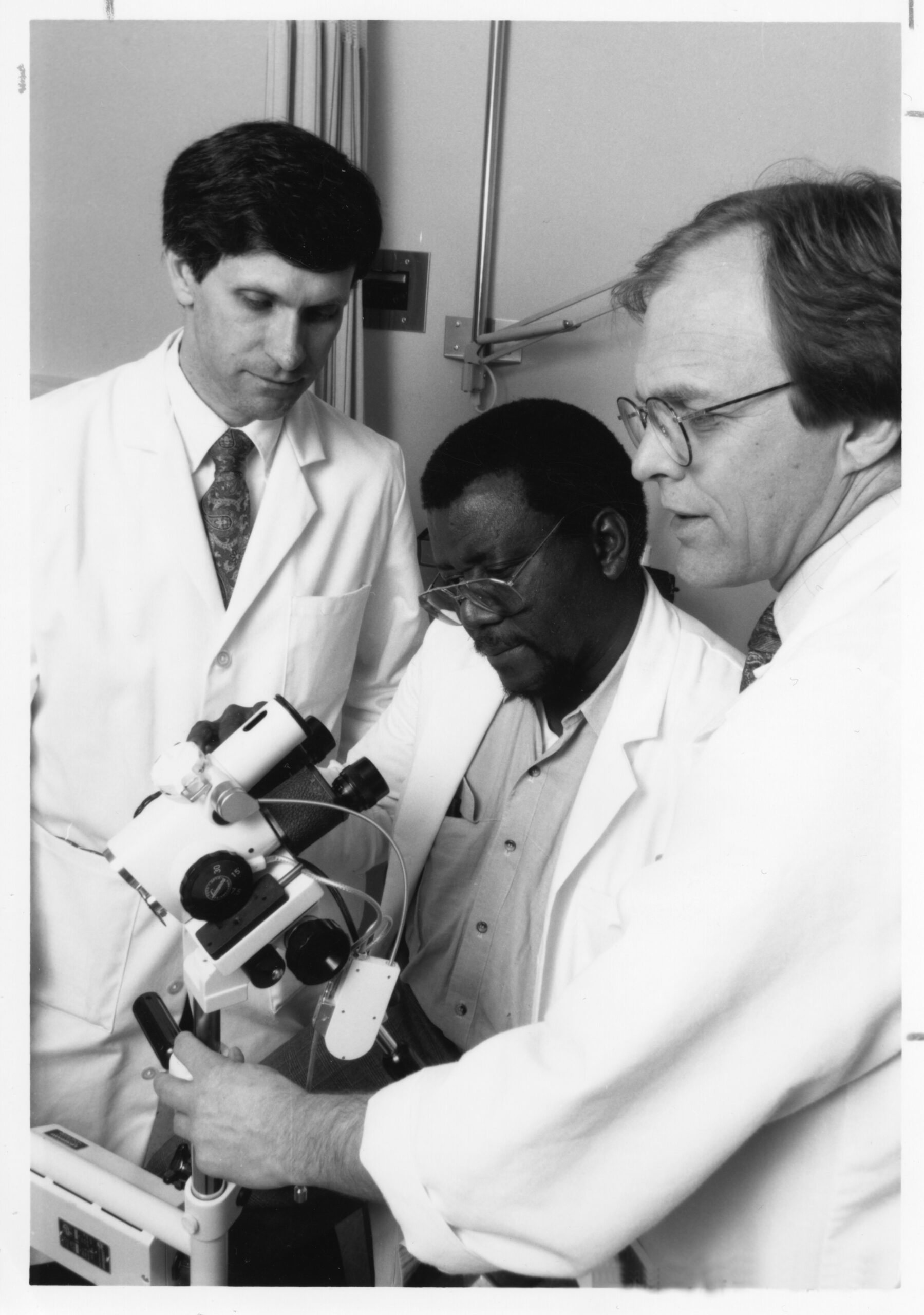
1993
- Laying the Foundation:
Dr. David Walmer made his initial trip to Haiti in June, where he met Dr. Jean Claude Fertillien.
Seen here is a visit by Dr. Fertillien to the Department of Ob Gyn at Duke University for colposcopy training.

1994
- The Cervical Cancer Education Program is launched to educate women on the dangers of cervical cancer and what the options are for diagnosis and treatment.

2000
- Family Health Ministries is established as a non-profit in June.
- The Fondwa School sponsorship program at the Saint Antoine School in Fondwa begins.

2001
- FHM’s portable colposcope, the CerviScope, is tested in Leogane, Haiti.

2002
- Construction on the Fondwa Orphanage begins.
- The first dedicated cervical cancer (HPV) clinic opens at Hospital St. Croix.

2003
- FHM Board of Directors hires Kathy Walmer as Executive Director
- Dave and Jamalyn Williamson are the first staff to reside in Fondwa, Haiti
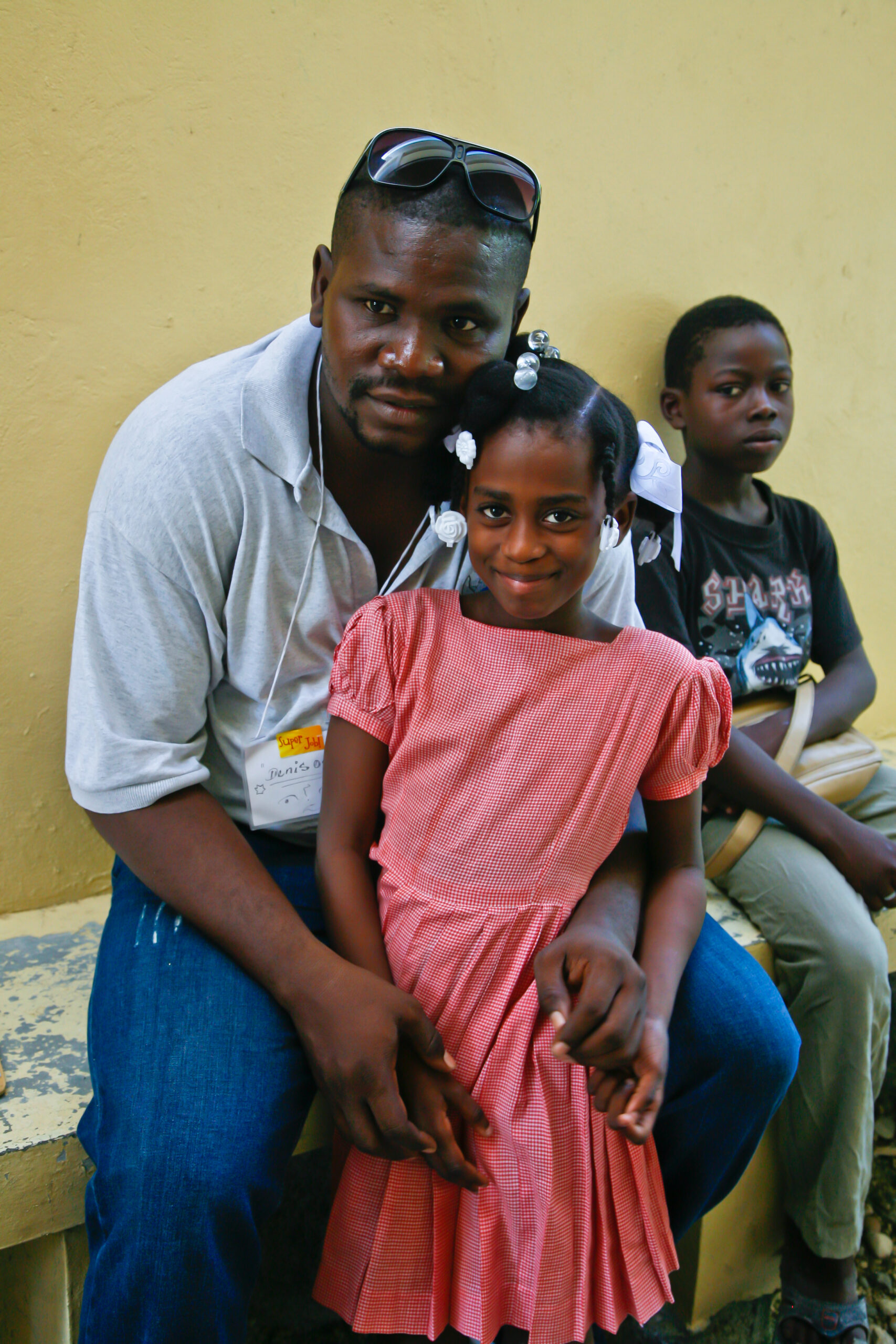
2004
- Public health outreach program begins in the Blanchard community.
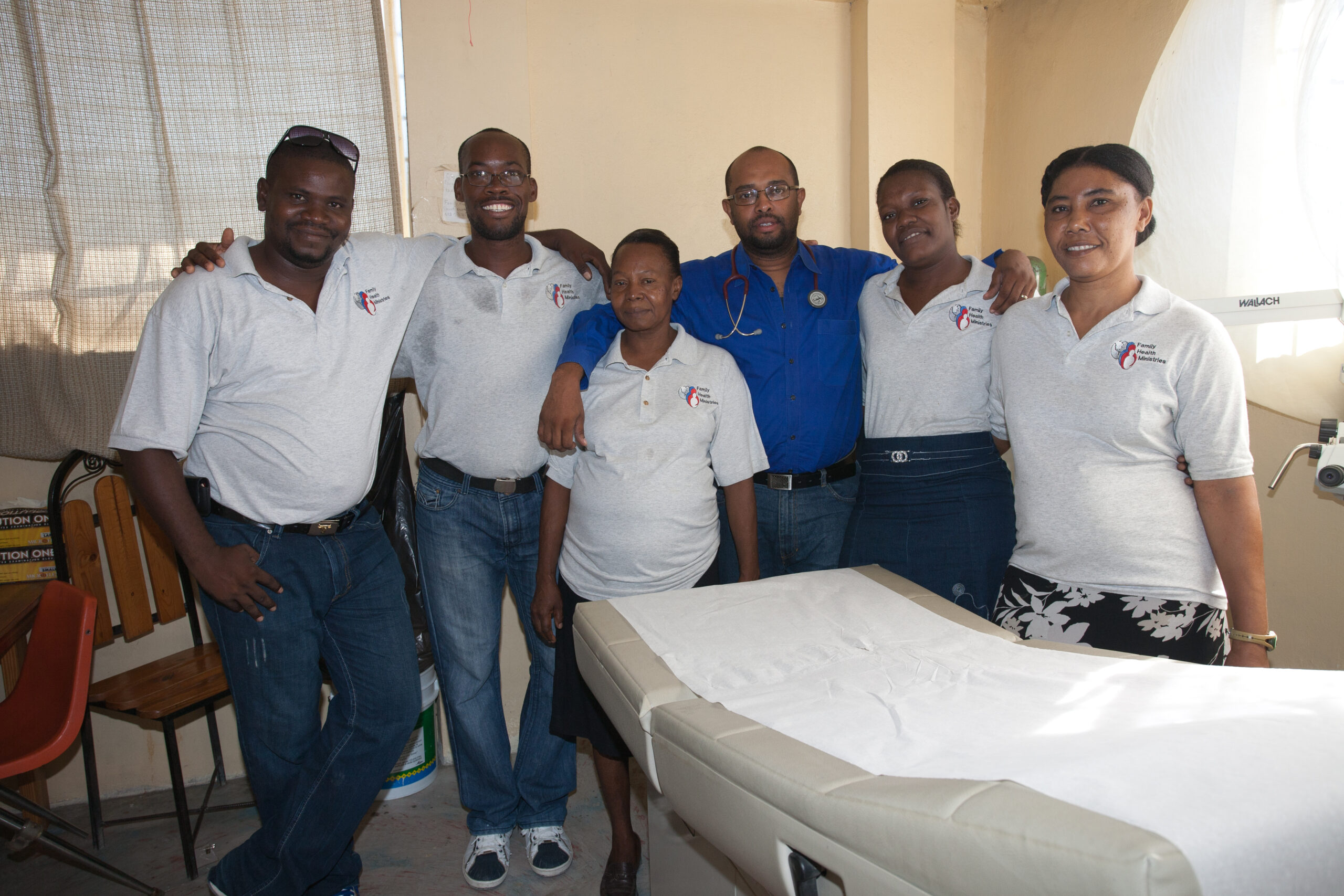
2006
- The Blanchard Clinic opens its doors to patients.
- FHM moves US staff to the new office in Durham, North Carolina.
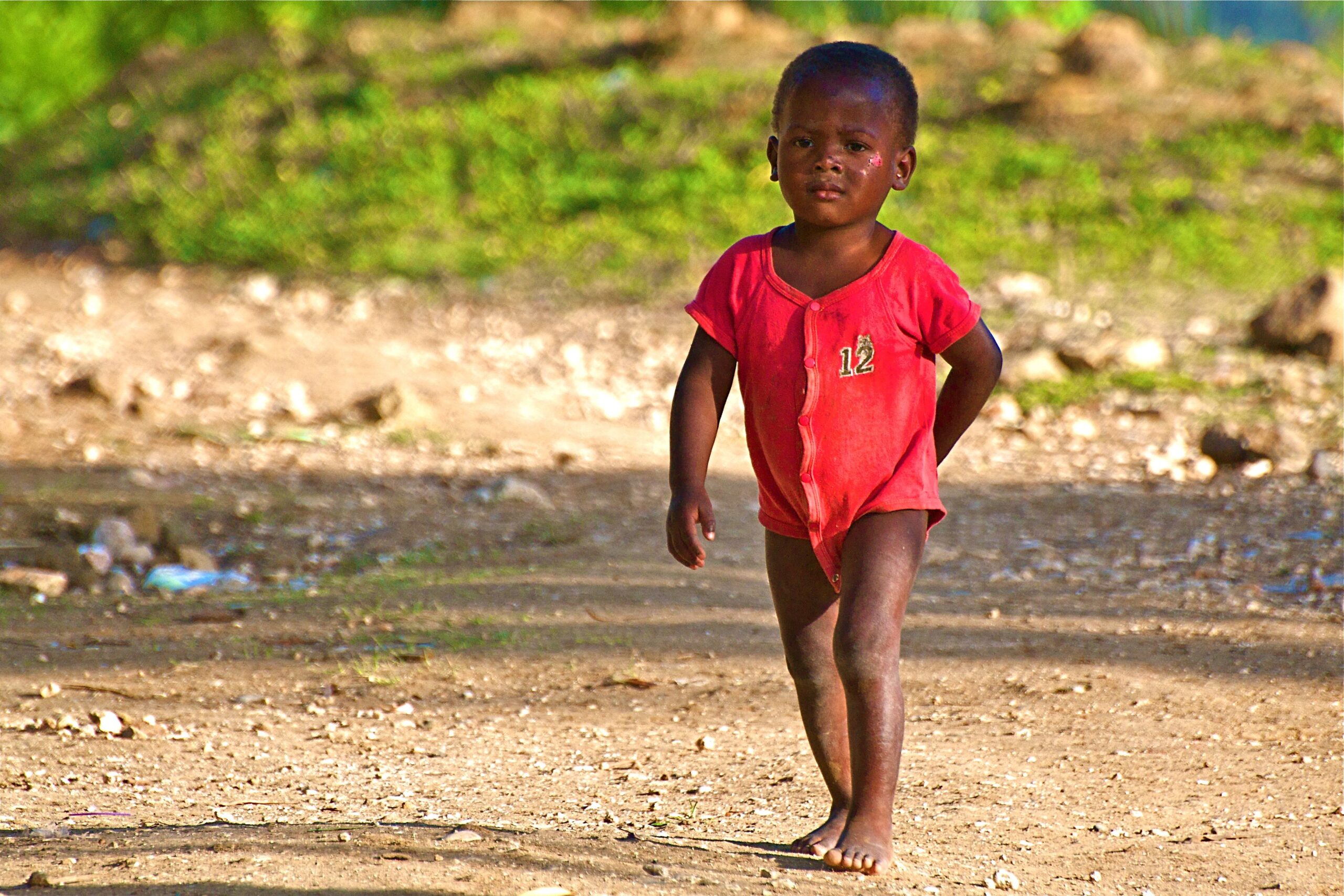
2007
- The Infant Nutrition Program begins in Fondwa.
- FHM forms a partnership with Qiagen Corporation to begin HPV testing in Blanchard and Leogane.

2008
- Formal partnership is formed between Duke Global Health Institute and FHM.
- One-year anniversary of Haitian Institutional Review Board.
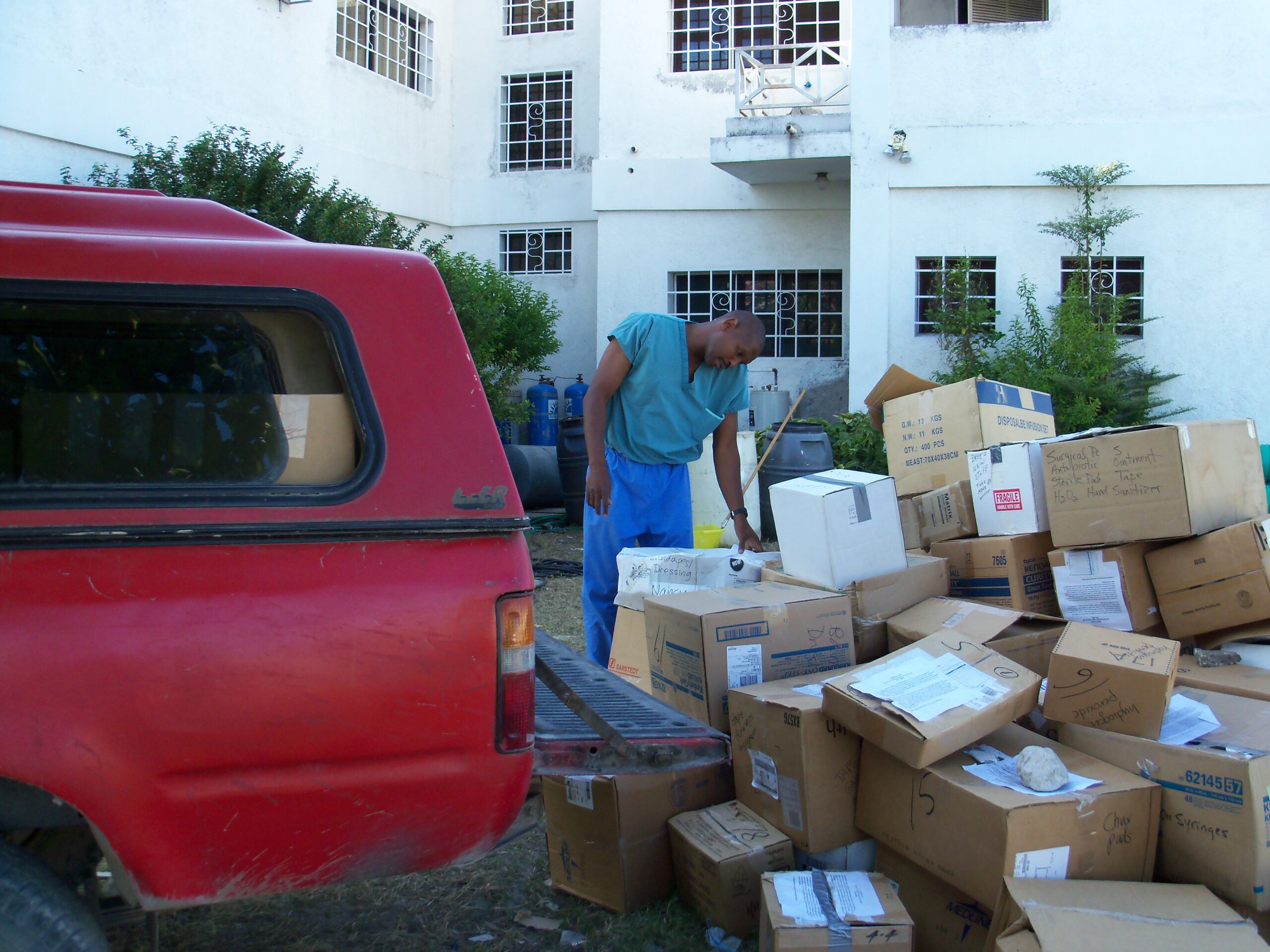
2010
- On January 12th, a 7.0 earthquake struck Haiti. The epicenter was between Port-au-Prince and Leogane.
- Emergency medical supplies and relief teams were sent to Haiti.
- The Infant Nutrition Program begins in Blanchard.

2012
- Phase One of The Leogane Family Health Center, the Nancy Ferree-Clark Guesthouse, is complete.
- Haitian OB/GYN Society endorses the FHM cervical cancer screening protocol.
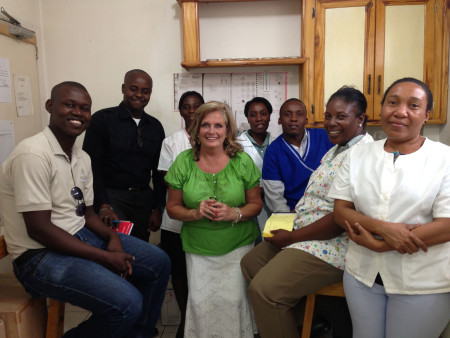
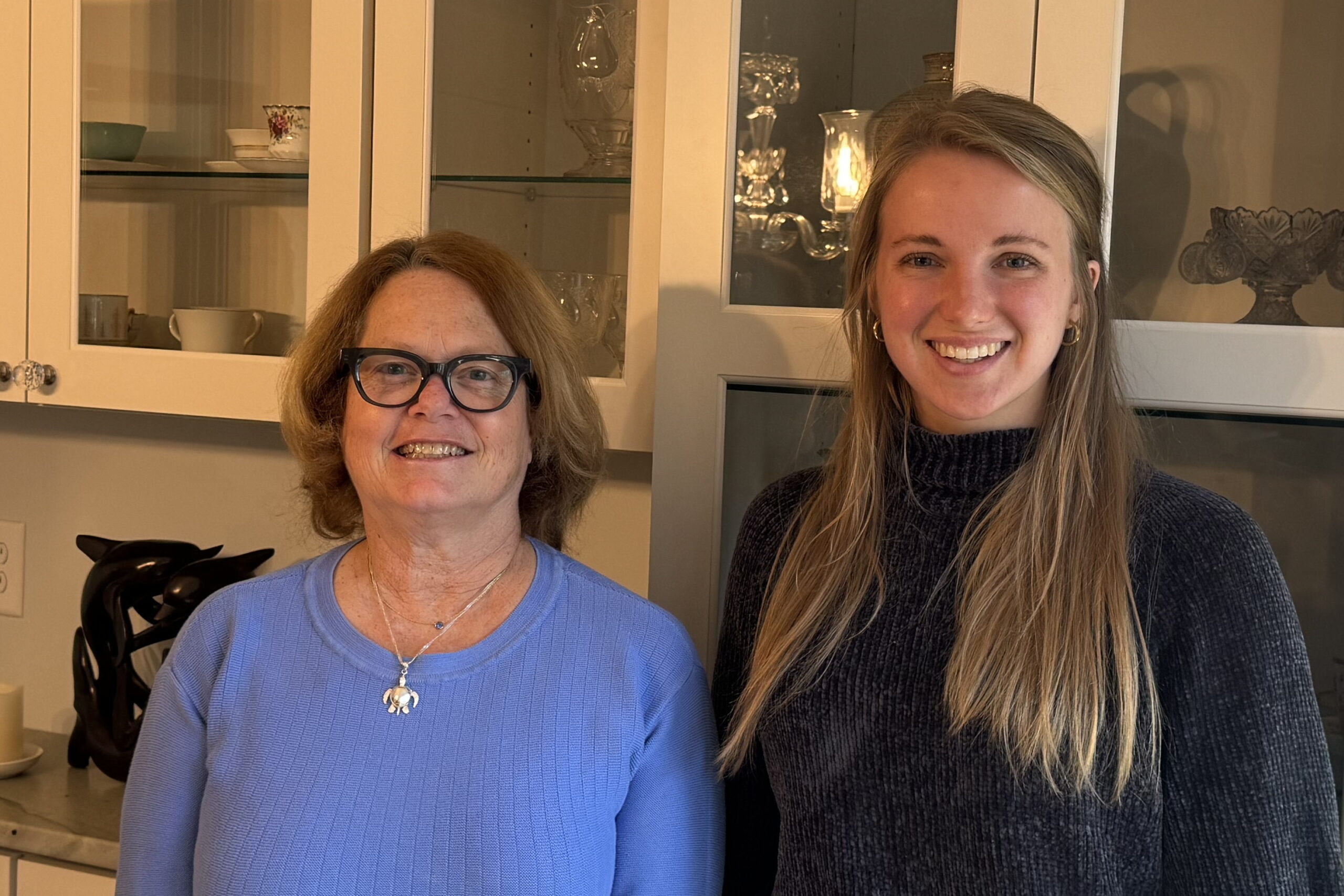
2013
- FHM opens the first HPV clinics in Haiti: In partnership with FOSREF, FHM opens 5 HPV clinics in Haiti.
- The new Saint Antoine School in Fondwa is open to students Fall 2013.
2025
- After 20+ years as FHM’s Executive Director, Kathy Walmer retires and hands the baton over to Elizabeth Kurtgeri.
